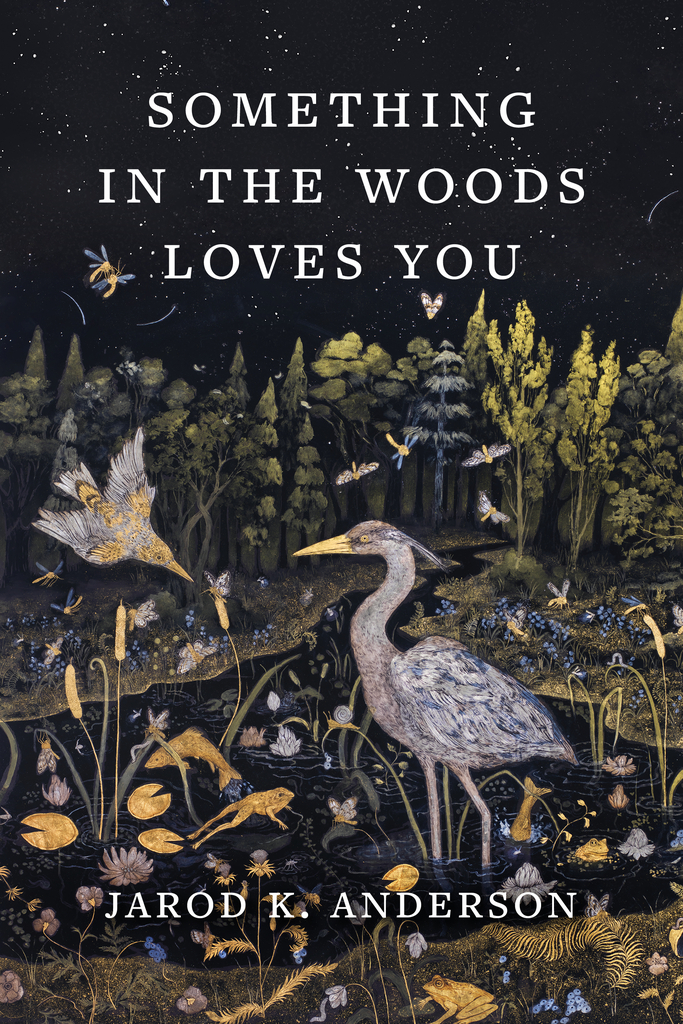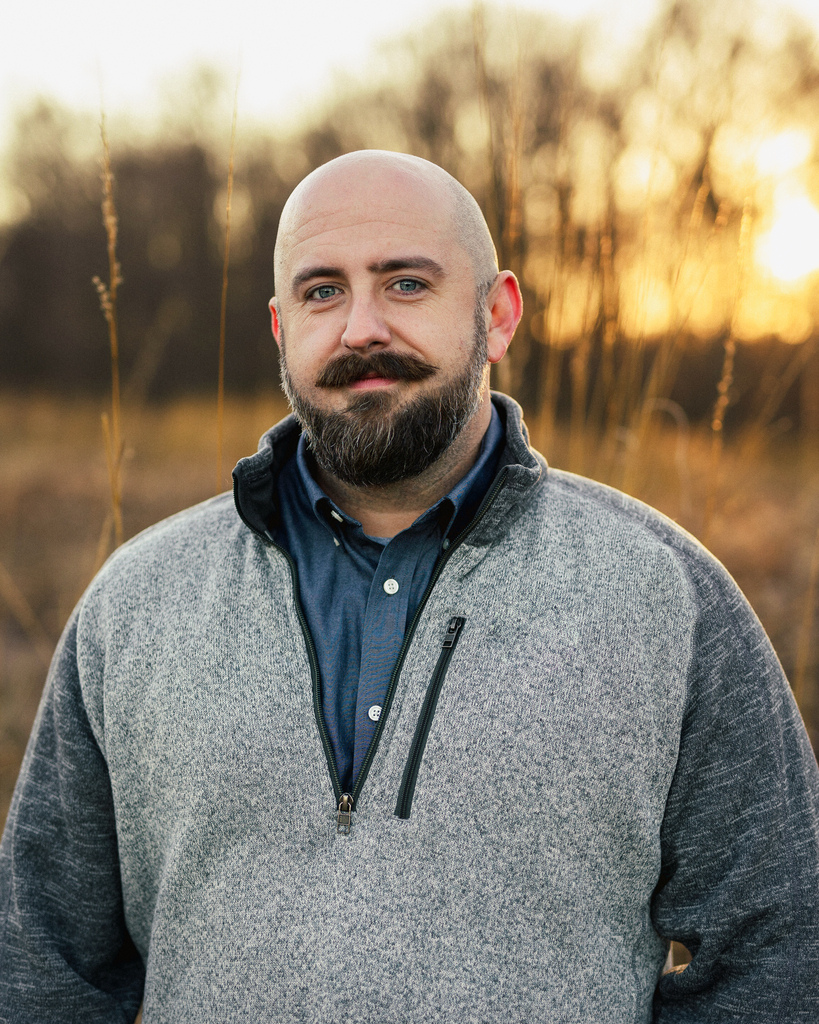Editor’s note: To commemorate World Mental Health Day, we spoke with Jarod Anderson, the brain behind the delightful fiction podcast The Cryptonaturalist. His new book, “Something in the Woods Loves You”, documents his battles with depression and mental health and nature has helped him heal.
Playboy: Your new book Something in the Woods Loves You blends the topic of your mental health struggles with your affinity for nature. Tell us about the process of creating it, from idea to published book.
Anderson: So, it’s a book that had been about four years in the making. Having developed an audience online, a lot of folks have reached out to me that wanted to talk about their own struggles with mental illness. So I started to develop this concept that I thought of as the long talk because it’s so hard to have an in-depth conversation via DMs. So this long talk idea is, I wanted to take a three-day camping trip with everybody who wanted to talk shop with me about mental health, and it became clear pretty quickly that this needed to be a book.

A lot of the content arose out of these conversations. Themes would emerge, people who felt like they weren’t “doing nature correctly”. Seeing some of my own struggles mirrored in these conversations really started to inform the structure of the book. Since I’m somebody who’s struggles with depression, some days it’s hard to get to the keyboard, but one thing that will always get me there is a feeling that I’m doing some sort of service for somebody who has a similar struggle to mine. That was the guiding motivation through the whole process.
Playboy: It’s less stigmatized than it once was, but mental health for men remains a difficult topic. What do you think the obstacles are currently for men to seek mental health?
Anderson: I think we still have this stigma with masculinity steering away from empathy. And I think it’s becoming more okay to apply empathy to others, but it’s still a little dicey to apply it to yourself.
Social media has, in some ways, broken down the stigma, but to me it almost is a sort of a shell game… The way I think the stigma works now for people who are like “I respect mental illness as it applies to other people but not to me”, especially in a framework of masculinity.
I think it ties into a pervasive fear that it’s okay for our bodies to get sick because again, that’s a sickness of our body. But if the mind is sick, that’s a sickness of who our identity. And I think men are fearful about the vulnerability that comes with that. It’s a real hurdle. Vulnerability is scary, but vulnerability and authenticity are essentially synonyms.

I have found too in talking about nature and being a nature poet that [men] seem to feel permission to be emotional about a connection to nature when they don’t feel permission to bring that to other aspects of their lives. And so I’ll occasionally get these messages from men that will say, “I don’t like poetry, but I like what you’re doing here.”
Playboy: How does making The Cryptonaturalist contribute to your mental health?
Anderson: The book starts when I’m in this real low place in my working life. I’m in this director role and looking at the next 40 years and going “is this it?” The podcast came about when I was really reaching for more creative expression. I love sci-fi, I love fantasy. I also grew up on old nature shows, like “Wild America with Marty Stouffer.”
I think if I could boil that whole podcast down to one word, it would be play. I’m sometimes a very serious and very philosophical person, and yet I have this need for whimsy. The podcast is me leaning into it. That is only about love and enthusiasm and everything else is imagination. Just a real distillation of exactly what I wanted to do at the time when I felt like I was kind of drowning.
Playboy: What do you wish you could say to other men battling depression?
Anderson: The thing I feel like was a revelation for me was it can feel ridiculous to get treatment for mental illness. Partly because depression defends itself, and partly because it lies. Face the fact that your current perspective is a symptom of an illness. And so that perspective won’t necessarily let you. feel good about treatment at first.
Take these little steps and just have a little bit of blind faith. [Imagine] the idea that hope and pleasure are still out there and that you can experience them. What I’d really encourage is take the leap of faith, risk it even if it doesn’t necessarily feel like you’re being sensible. Talk to a doctor, find a therapist. Whatever steps you can take, the little steps count.